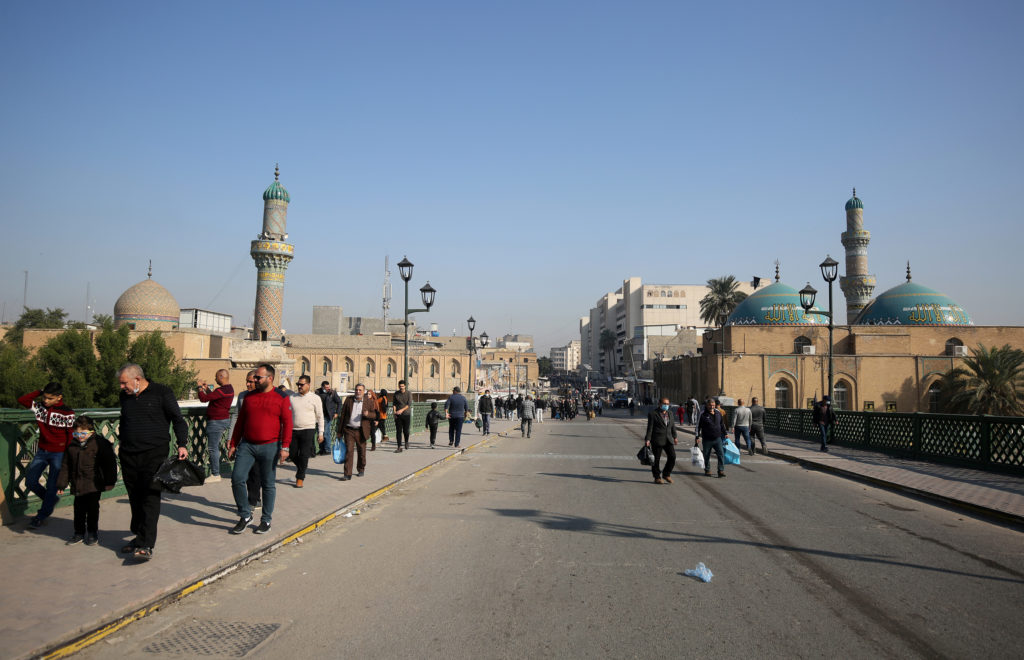São Paulo – Iraq’s Council of Ministers wrote in major fiscal reforms into its budget for next year. It got lauded by the International Monetary Fund (IMF) in a press release last week on the Iraqi economy. Pictured above is the national capital Baghdad.
“While difficult, these reforms, combined with the recently announced devaluation of the exchange rate, are critically important steps to help reduce Iraq’s large external and fiscal imbalances and ensure the country’s economic stability,” IMF Iraq mission chief Tokhir Mirzoev said.
Iraq’s ongoing financial issues have been made worse by the Covid-19 pandemic and by plummeting oil prices. According to the IMF, “the authorities’ efforts to put in place fiscal and monetary policy reforms combined with significant strengthening of the social safety net are critical to ensure Iraq’s economic stability.”
Mirzoev said “authorities’ plans to significantly increase targeted cash transfers to the poor as well as to enhance the health-related spending will be essential to mitigate the impact of the COVID crisis on the most vulnerable,” the IMF argued.
“While providing relief from immediate financial tensions, the authorities’ short-term plan will need to be followed up with further reforms, including deeper structural reforms, to strengthen economic resilience, create further fiscal space for critical reconstruction and social spending, and lay the ground for higher, job-rich and more inclusive medium-term growth,” mission chief Mirzoev argued.
Iraq is faced with “severe fiscal financing constraints and challenges with meeting external and domestic payment obligations, including wages and pensions.” The IMF is “ready to support the authorities’ reform efforts at this challenging juncture,” Mirzoev was quoted as saying.
Iraq’s economy is heavily reliant on oil, which accounts for 80% of revenues. In addition to low oil prices, the country’s economy is plagued by conflicts and the fight against extremist groups. Strides have been made recently towards building a government, elections, and local law.
Translated by Gabriel Pomerancblum




